Memorial Hospital’s web site is intended to provide information about our programs and services as well as general health-related information. It is not intended to be the source of specific healthcare advice.
All visitors to this site are advised to consult with their own medical provider regarding their specific healthcare questions and concerns, and to discuss any information provided through this site with their provider before taking any action with regard to their own healthcare needs.
Memorial Hospital respects the privacy of our users. By accessing our web site and entering information into any of our form pages, you are agreeing to and accepting this Privacy Policy as well as the terms and conditions or other end-user agreements for our site.
Memorial Hospital is dedicated to protecting your medical information. The Health Insurance Portability & Accountability Act “HIPAA” contains a Privacy Regulation “HIPAA Privacy Rule,” which requires that we provide detailed notice in writing of our privacy practices. Your Protected Health Information (“PHI”) is information that identifies you and that relates to your past, present, or future health or condition, the provision of healthcare to you, or payment for that healthcare. We are required by law to maintain the privacy of your PHI and to give you this Notice about our privacy practices that explains your rights as our patient and how, when, and why we may use or disclose your PHI.
We are required by law to follow the privacy practices described in this Notice, though we reserve the right to change our privacy practices and the terms of this Notice at any time and to apply those changes to all PHI in our possession. If we change our privacy practices and the terms of this Notice, we will post a copy in our office in a prominent location, have copies of the revised Notice available at our offices, and provide you with a copy of the revised Notice upon your request.
Our Pledge to You
We understand that health information about you is personal, and we are committed to protecting that information about you. We create a record of the care and services you receive to provide quality care and to comply with legal requirements. The privacy notice applies to all of the records of your care that we maintain, whether created by facility staff or your personal provider. Your personal provider may have different policies or notices regarding the provider’s use and disclosure of your personal health information created in the provider’s office.
We are required by law to:
- Keep personal health information about you private.
- Give you a privacy notice of our legal duties and privacy practices with respect to personal health information about you.
- Follow the terms of the privacy notice that is currently in effect.
Changes to the Privacy Notice – We reserve the right to change the privacy notice and our policies. Changes will apply to personal health information we already hold, as well as new information received after the change occurs. Before we make a significant change in our policies, we will change our privacy notice and post the new notice in waiting areas, treatment areas, registration areas, clinics and Sherrick Drug and on our website. You can receive a copy of the current privacy notice at any time. You will be offered a copy of the privacy notice each time you register at our facility for treatment. You will also be asked to acknowledge in writing your receipt of the privacy notice.
Privacy Practices
MEMORIAL HOSPITAL/HANCOCK COUNTY SENIOR SERVICES AND ALL COVERED ENTITIES CARTHAGE, IL
NOTICE OF PRIVACY PRACTICES
This notice describes how medical information about you may be used and disclosed and how you can get access to this information. Please review it carefully.
If you have any questions about this notice, please contact:
TITLE: PRIVACY OFFICER
ADDRESS: MEMORIAL HOSPITAL CARTHAGE, IL. 62321
PHONE: 217-357-8520
WHO WILL FOLLOW THIS NOTICE
This notice describes our organization’s practices and that of:
- Any healthcare professional authorized to enter information into your medical record.
- All departments and units of the hospital, nursing home, and all covered entities.
- Any member of a volunteer group we allow to help you while you are in the organization.
- All personnel, students or contracting agents of the organization.
- All subsidiaries of Memorial Hospital; Hancock County Senior Services, Memorial Medical Clinic Bowen, Memorial Medical Clinic Carthage, Memorial Medical Clinic Colchester, Memorial Medical Clinic Hamilton, Memorial Medical Clinic La Harpe, Memorial Medical Clinic Nauvoo, Women & Family Medical Group and Family Care After Hours.
- All entities may share medical information with each other for treatment, payment or healthcare operations, as described in this notice.
OUR PLEDGE REGARDING MEDICAL INFORMATION:
We understand that medical information about you and your health is personal. We are committed to protecting medical information about you. We create a record of the care and services you receive at the hospital, nursing home and all covered entities. We need this record to provide you with quality care and to comply with certain legal requirements. This notice applies to all of the records of your care or services generated by the hospital, nursing home and all covered entities, whether made by the hospital, nursing home or a covered entity’s personnel or your personal provider.
OUR LEGAL DUTY
We are required by law to protect and maintain the privacy of your health information, to provide this notice about our legal duties and privacy practices regarding protected health information, and to abide by the terms of the notice currently in effect.
WHO WE MAY USE AND DISCLOSE YOUR MEDICAL INFORMATION
The following categories describe different ways that we use and disclose medical information. For each category of uses or disclosures we will explain what we mean and try to give some examples. Not every use or disclosure in a category will be listed. However, all of the ways we are permitted to use and disclose information, without prior authorization, will fall within one of the categories.
- For Treatment We may use medical information about you to provide you with medical treatment or services. We may disclose medical information about you to providers, nurses, technicians, medical students, or the personnel of the hospital, nursing home or covered entity that are involved in your care or services. For example, a provider treating you for a broken leg may need to know if you have diabetes because diabetes may slow the healing process. In addition, the provider may need to tell the dietitian if you have diabetes so that we can arrange for appropriate meals. Different departments of the hospital may also share medical information about you in order to coordinate the different things you need, such as prescriptions, lab work and x-rays. We also may disclose medical information about you to people outside the covered entity who may be involved in your medical care after you leave the covered entity, such as family members, clergy or others we use to provide services that are part of your care.
- For Payment We may use and disclose medical information about you so that the treatment and services you receive at the hospital, nursing home or covered entity may be billed to and payment may be collected from you, an insurance company or a third party. For example, we may need to give your health plan information about a surgery you received at the hospital so your health plan will pay us or reimburse you for the surgery. We may also tell your health plan about a treatment you are going to receive to obtain prior approval or to determine whether your plan will cover the treatment.
- For Healthcare Operations We may use and disclose medical information about you for hospital, nursing home and all covered entities operations. These uses and disclosures are necessary to run the organization and make sure that all of our patients receive quality care. For example, we may use medical information to review our treatment and services and to evaluate the performance of our staff in caring for you. We may also combine medical information about many hospital, nursing home, clinic or pharmacy patient(s)/resident(s) to decide what additional services each entity should offer, what services are not needed, and whether certain new treatments are effective. We may also disclose information to providers, nurses, technicians, medical students, and other personnel for review and learning purposes. We may also combine the medical information we have with medical information from other hospitals, nursing homes, clinics and pharmacies to compare how we are doing and to see where we can make improvements in the care and services we offer. We may remove information that identifies you from this set of medical information so others may use it to study healthcare and healthcare delivery without learning who the specific individual(s) are.
- Appointment Reminders We may use and disclose medical information to contact you as a reminder that you have an appointment for treatment or medical care at the hospital, clinic or a covered entity.
- Treatment Alternatives We may use and disclose medical information to tell you about or recommend possible treatment options or alternatives that may be of interest to you, such as home health, hospice, oncologist, vision clinic or a nursing facility.
- Health-Related Benefits and Services We may use and disclose medical information to inform you of health-related benefits or services that may be of interest to you, such as scheduled community screenings or scheduled osteoporosis education.
- Fundraising Activities We may use medical information about you to contact you in an effort to raise money for the organization and its operations. We would only release contact information, such as your name, address and phone number. If you do not want Memorial Hospital to contact you for fundraising efforts, you must notify the Administrative Secretary or Privacy Officer at Memorial Hospital, in writing.
- Facility Directory We may include certain limited information about you in the hospital directory while you are a patient at the hospital. This information may include your name, location in the hospital, your general condition (e.g., fair, stable, etc.) and your religious affiliation. The directory information, except for your religious affiliation, may also be released to people who ask for you by name. Your religious affiliation may be given to a member of the clergy, such as a priest, minister or rabbi, even if they don’t ask for you by name. This is so your family, friends and clergy can visit you in the hospital and generally know how you are doing.
- Individuals Involved in Your Care or Payment for Your Care We may release medical information about you to a friend, family member, significant other or personal representative who is involved in your medical care. We may also give information to someone who helps pay for your care. We may also tell your family, friends, significant other or personal representative your condition and that you are in the hospital, or receiving treatment or services at a covered entity.
- Notification We may use or disclose medical information about you to notify or assist in notification of a family member, a personal representative or another person responsible for your care about your location, general condition or death. This includes disclosure to a public or private entity authorized to assist in disaster relief efforts.***You have the opportunity to verbally agree or object to the use and disclosure of your medical information in the circumstances of the Facility Directory, Individuals Involved in Your Care or Payment for your Care and Notification. Any verbal objection will be documented in your medical record. (Restriction form)
- Research Under certain circumstances, we may use and disclose medical information about you for research purposes. For example, a research project may involve comparing the health and recovery of all patients who received one medication to those who received another, for the same condition. All research projects, however, are subject to a special approval process. Memorial Hospital, Hancock County Nursing Home and all covered entities do not initiate any research projects, however, if a patient has agreed to participate under the approved process through a separate healthcare provider, we will follow through with on-going treatment and disclosure.
- As Required By Law We will disclose medical information about you when required to do so by federal, state or local law.
- To Avert a Serious Threat to Health or Safety We may use and disclose medical information about you when necessary to prevent a serious threat to your health and safety or the health and safety of the public or another person. Any disclosure, however, would only be to someone able to help prevent the threat. An example of this would be an outbreak of smallpox.
- Food and Drug Administration (FDA)-Regulated Products and Activities We may disclose medical information about you to the FDA for the purpose of public health and safety related to the quality, safety or effectiveness of regulated products or activities such as collecting or reporting adverse events, dangerous products, and defects or problems with FDA regulated products.
- Incidental Disclosures Individuals may inadvertently overhear conversations, or see information that includes protected health information. Such an incident may occur when a patients name is called out in the waiting room, sign-in sheets, patients charts at bedside, providers talking to patients in semi-private rooms and conversations by providers, nurses and healthcare providers at a nurses station.
- Marketing We may use and disclose medical information about you on a limited basis for marketing.
- Face to face communication with an individual. An example of this would be when sample products are provided to a patient during an office or clinic visit.
- An individual is given a promotional gift of nominal value. An example would be when a provider distributes pens or key chains with the name of the covered entity.
SPECIAL SITUATIONS
- Organ and Tissue Donation If you are an organ donor, we may release medical information to organizations that handle organ procurement or organ, eye or tissue transplantation or to an organ donation bank, as necessary to facilitate organ or tissue donation and transplantation.
- Military and Veterans If you are a member of the armed forces, we may release medical information about you as required by military command authorities. We may also release medical information about foreign military personnel to the appropriate foreign military authority.
- Workers’ Compensation We may release medical information about you for workers’ compensation or similar programs. These programs provide benefits for work-related injuries or illness. We may release medical information about you to your employer for work-related injuries and illnesses.
- Public Health Risks We may disclose medical information about you for public health activities. These activities generally include the following:
- To prevent or control disease, injury or disability;
- To report births and deaths;
- To report child abuse or neglect;
- To report reactions to medications or problems with products;
- To notify people of recalls on products they may be using;
- To notify a person who may have been exposed to a disease or may be at risk for contracting or spreading a disease or condition;
- To notify the appropriate government authority if we believe a patient has been the victim of abuse, neglect or domestic violence. We will only make this disclosure if you agree or when required or authorized by law.
- Health Oversight Activities We may disclose medical information to a health oversight agency for activities authorized by law. These oversight activities include, for example, audits, investigations, inspections, and licensure. These activities are necessary for the government to monitor the healthcare system, government programs, and compliance with civil rights law. We may also disclose medical information through internal audits and ongoing compliance. An example of this would be the peer review audit.
- Lawsuits and Disputes If you are involved in a lawsuit or a dispute, we may disclose medical information about you in response to a court or administrative order. We may also disclose medical information about you in response to a court ordered subpoena, discovery request, or other lawful process by someone else involved in the dispute, but only if efforts have been made to tell you about the request or to obtain an order protecting the information requested.
- Law Enforcement We may release medical information if asked to do so by a law enforcement official:
- In response to a court ordered subpoena, warrant, summons or similar process;
- To identify or locate a suspect, fugitive, material witness, or missing person;
- About the victim of a crime, if under certain limited circumstances, we are unable to obtain the person’s consent;
- About a death we believe may be the result of criminal conduct;
- About criminal conduct at the hospital, nursing home or covered entity;
- In emergency circumstances to report a crime; the location of the crime or victims; or the identity, description or location of the person who committed the crime.
- Coroners, Medical Examiners and Funeral Directors We may release medical information to a coroner or medical examiner. This may be necessary, for example, to identify a deceased person or determine the cause of death. We may also release medical information about patients/residents to funeral directors as necessary to carry out their duties.
- National Security and Intelligence Activities We may release medical information about you to authorized federal officials for intelligence, counterintelligence, and other national security activities authorized by law.
- Protective Services for the President and Others We may disclose medical information about you to authorized federal officials so they may provide protection to the President, other authorized persons or foreign heads of state or conduct special investigations.
- Inmates If you are an inmate of a correctional institution or under the custody of a law enforcement official, we may release medical information about you to the correctional institution or law enforcement official. This release would be necessary (1) for the institution to provide you with healthcare; (2) to protect your health and safety or the health and safety of others; or (3) for the safety and security of the correctional institution.
YOUR RIGHTS REGARDING MEDICAL INFORMATION ABOUT YOU
You have the following rights regarding medical information we maintain about you:
- Right to Inspect and Copy You have the right to inspect and copy medical information that may be used to make decisions about your care. Usually, this includes medical and billing records, but does not include psychotherapy notes.To inspect and copy medical information that may be used to make decisions about you, you must submit your request in writing to the Health Information Management Department (Medical Records). If you request a copy of the information, we may charge a fee for the costs of copying, mailing or other supplies associated with your request.We may deny your request to inspect and copy information in certain very limited circumstances. If you are denied access to medical information, you may request that the denial be reviewed. Another licensed healthcare professional chosen by the hospital will review your request and the denial. The person conducting the review will not be the person who denied your request. We will comply with the outcome of the review.
- Right to Amend If you feel that medical information we have about you is incorrect or incomplete; you may ask us to amend the information. You have the right to request an amendment for as long as the information is kept by or for the hospital, nursing home or a covered entity.To request an amendment, your request must be made in writing and submitted to the Privacy Officer of the organization. In addition, you must provide a reason that supports your request.We may deny your request for an amendment if it is not in writing or does not include a reason to support the request. In addition, we may deny your request if you ask us to amend information that:
- Was not created by us, unless the person or entity that created the information is no longer available to make the amendment;
- Is not part of the medical information kept by or for the hospital; Is not part of the information which you would be permitted to inspect and copy; or
- Is accurate and complete.
- Right to an Accounting of Disclosures You may request a list of instances where we have disclosed health information about you for reasons other than treatment, payment, or healthcare operations.To request this list or accounting of disclosures, you must submit your request in writing to Health Information Management (Medical Records). Your request must state a time period, which may not be longer than six years and may not include dates before April 14, 2003. Your request should indicate in what form you want the list. We will notify you of the cost involved and you may choose to withdraw or modify your request at that time before any costs are incurred.
- Right to Request Restrictions You have the right to request a restriction or limitation on the medical information we use or disclose about you for treatment, payment or healthcare operations. You also have the right to request a limit on the medical information we disclose about you to someone who is involved in your care or the payment for your care, like a family member or friend. For example, you could ask that we not use or disclose information about a surgery you had.We are not required to agree to your request. If we do agree, we will comply with your request unless the information is needed to provide you emergency treatment.To request restrictions, you must make your request in writing. In your request, you must tell us (1) what information you want to limit; (2) whether you want to limit the use, disclosure or both; and (3) to whom you want the limits to apply, for example, disclosures to your spouse.
- Right to Request Confidential Communications You have the right to request that we communicate with you about medical matters in a certain way or at a certain location. For example, you can ask that we only contact you at work or by mail.To request confidential communications, you must make your request in writing to the appropriate covered entity. We will not ask you the reason for your request. We will accommodate all reasonable requests. Your request must specify how or where you wish to be contacted.
- Standardized Forms To exercise any of your rights, as stated above, please request the standardized form(s) that are available at Memorial Hospital, Hancock County Nursing Home and all covered entities.
- Right to a Paper Copy of This Notice You have the right to a paper copy of this notice. You may ask us to give you a copy of this notice at any time. Even if you have agreed to receive this notice electronically, you are still entitled to a paper copy of this notice.You may obtain a paper copy of this notice through Registration, the Business Office, Medical Records, all ancillary departments and at all covered entities.
CHANGES TO THIS NOTICE
We reserve the right to change this notice. We reserve the right to make the revised or changed notice effective for medical information we already have about you as well as any information we receive in the future. We will post a copy of the current notice in the hospital. The notice will contain on the first page, in the top right-hand corner, the effective date. In addition, each time you register at or are admitted to the hospital for treatment or healthcare services as an inpatient or outpatient, we will offer you a copy of the current notice in effect.
COMPLAINTS
If you are concerned that we have violated your privacy rights, or you disagree with a decision we made about your medical records, you may contact the person listed below. You may also send a written complaint to the U.S. Department of Health and Human Services. The person listed below will provide you with appropriate address upon request.
CONTACT
TITLE: PRIVACY OFFICER
ADDRESS: MEMORIAL HOSPITAL
PHONE NUMBER: 217-357-8520
You will not be penalized/retaliated against for filing a complaint.
OTHER USES OF MEDICAL INFORMATION
Other uses and disclosures of medical information not covered by this notice or the laws that apply to us will be made only with your written permission. If you provide us permission to use or disclose information about you, you may revoke that permission, in writing, at any time. If you revoke your permission, we will no longer use or disclose medical information about you for the reasons covered by your written authorization. You understand that we are unable to take back any disclosures we have already made with your permission, and that we are required to retain our records of the care that we provided to you.







